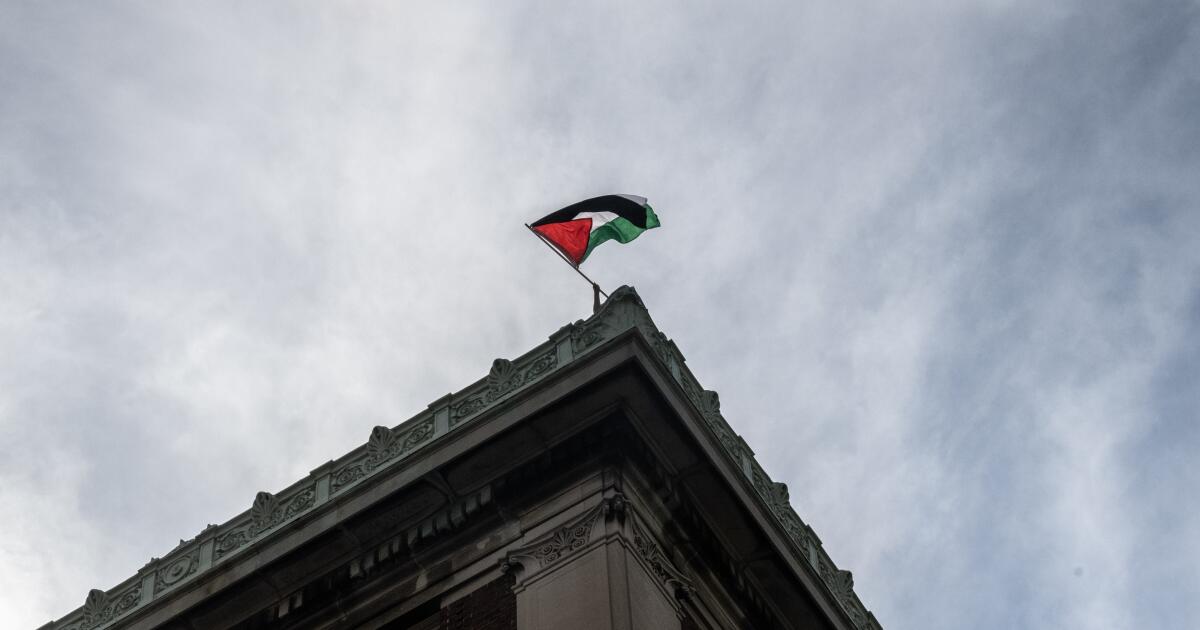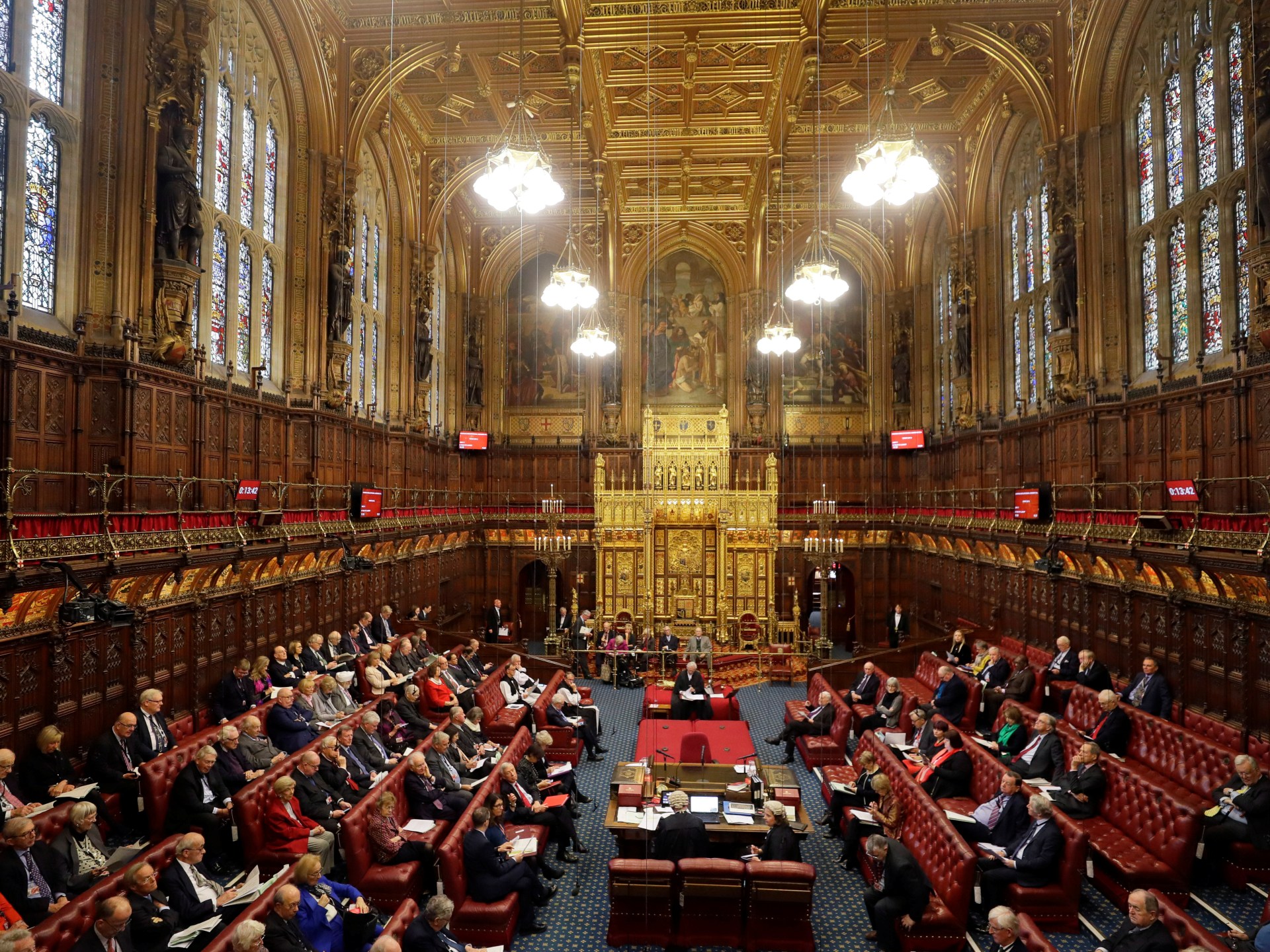At least eight people were killed and more than 2,700 wounded in Lebanon on Tuesday in what is believed to have been a cyberattack targeting hundreds of electronic pagers, causing them to explode, officials said.
Lebanon's state-run National News Agency reported an “unprecedented security incident” with pagers exploding in Beirut's Hezbollah-dominated southern suburbs and several areas across the country.
Eight people were killed and 2,750 others were wounded, 200 of them seriously, according to Firas Abiad, Lebanon's acting health minister. Most of the injuries suffered were to the face, hands or stomach, near where the beeper would be placed, Abiad said.
Hezbollah blamed Israel. “We hold the Israeli enemy fully responsible for this criminal aggression,” the group said in a statement Tuesday. It added that pagers used by its operatives exploded at around 3:30 p.m. A child and two of the group’s members were among the dead, the statement said.
“Hezbollah’s specialized agencies are currently conducting a comprehensive scientific and security investigation to determine the reasons that led to these simultaneous explosions,” the statement said.
Iran's ambassador to Lebanon was also wounded in the attack, the embassy said.
Hezbollah, which has been engaged in an escalating tit-for-tat fight with Israel since October, had resorted to using pagers to communicate in recent months in an attempt to avoid Israeli tracking and surveillance of phones.
The Israeli military had no comment.
The exact cause of the explosions was not clear.
Technical experts at SMEX, a Beirut-based Internet surveillance group, speculated that a shipment of pagers could have been intercepted and planted with small amounts of explosives that would be triggered by a timer or preset signal.
Another possibility was that Israel had developed a method to overheat pager batteries. Modern pagers use lithium-ion batteries, which can catch fire and explode if subjected to sufficient heat.
News of the attack caused panic in neighborhoods and areas of the country where Hezbollah officials and operatives are present, with people calling their relatives and telling them to disconnect routers and other devices that might be vulnerable.
Witnesses passing through the southern suburb of Beirut at the time of the explosions saw a bloodied man lying on the ground with people crowded around him.
Images on social media show injured men claiming to be victims of the attack; videos taken by security cameras show the moment of the explosion, with a shopper at a fruit market standing near a stall when his bag explodes.
Another image shows a man in a store holding a pager and placing it on a desk before it detonates, throwing him backwards.
The Times could not independently verify the videos or images.
Dozens of ambulances swarmed Beirut's streets carrying the injured through congested traffic, while hospitals in the south of the country were overwhelmed with victims.
Meanwhile, the Ministry of Health has put all hospitals on alert and asked medical staff across the country to report to their facilities. At one hospital in Beirut, dozens of men gathered near the emergency room entrance waiting for news of their relatives.
The blasts came at a time when Israeli leaders had hinted that an escalation of hostilities with Hezbollah was coming. On Monday evening, Israeli Prime Minister Benjamin Netanyahu said his government’s goals in relation to the war would include the safe return of residents to northern Israel, where some 60,000 people have been displaced since Oct. 8, when Hezbollah began firing rockets at Israel in solidarity with Hamas.












